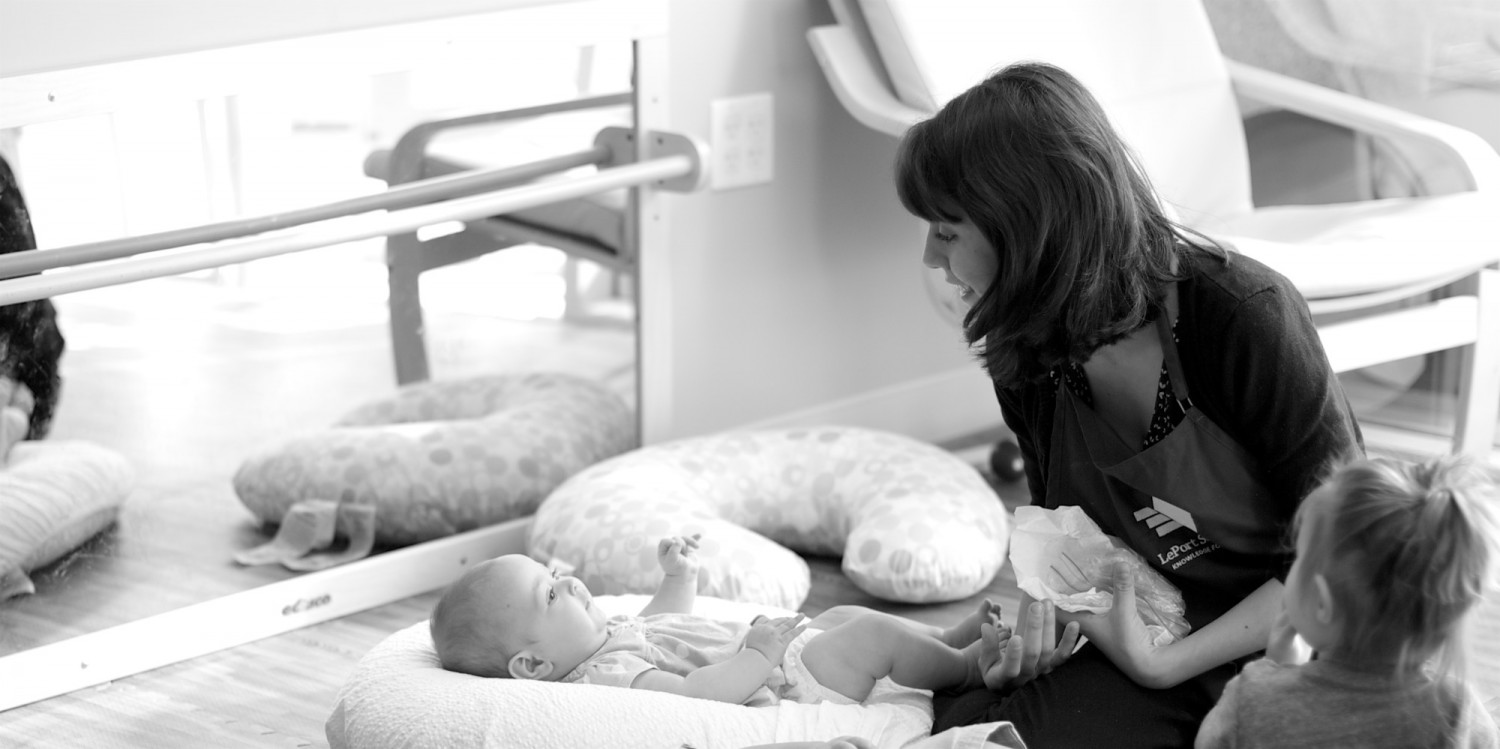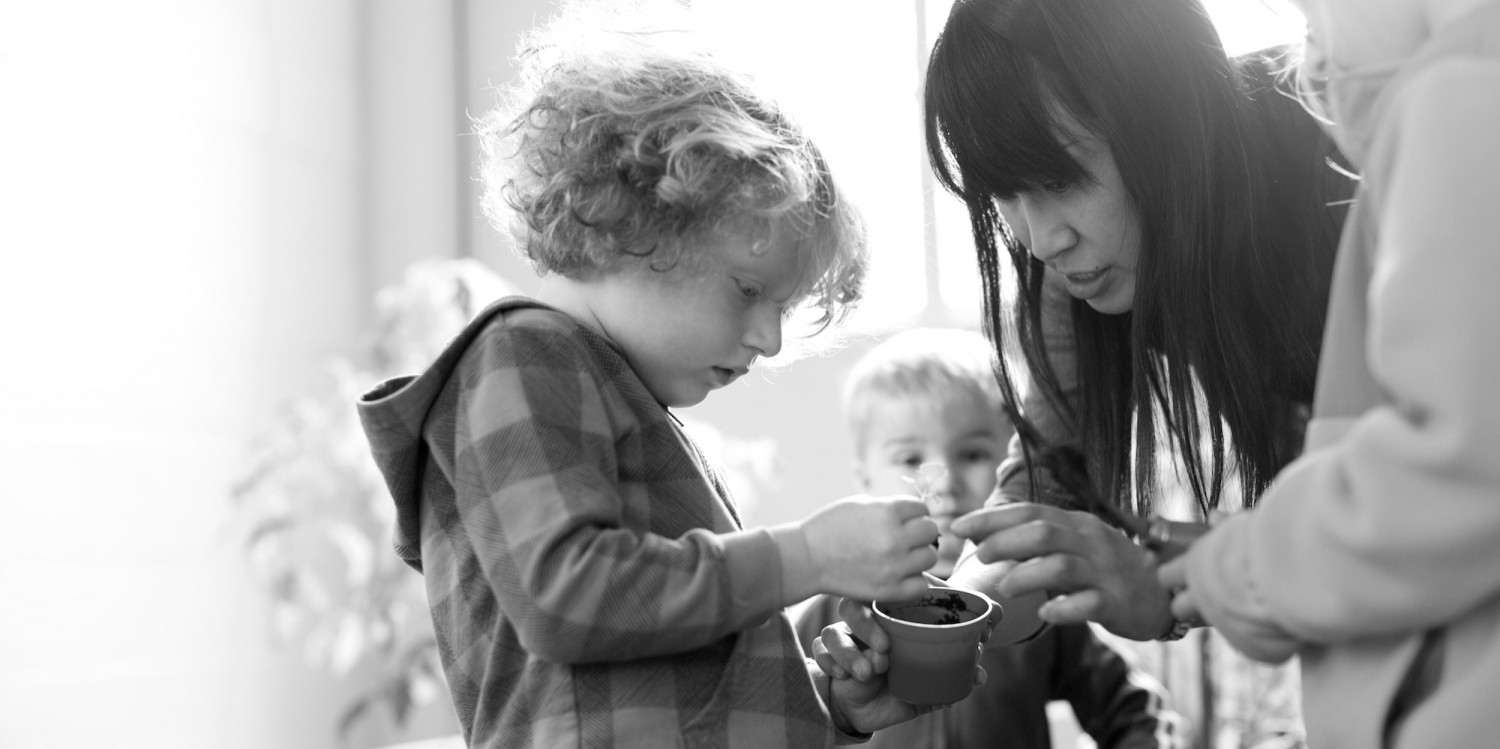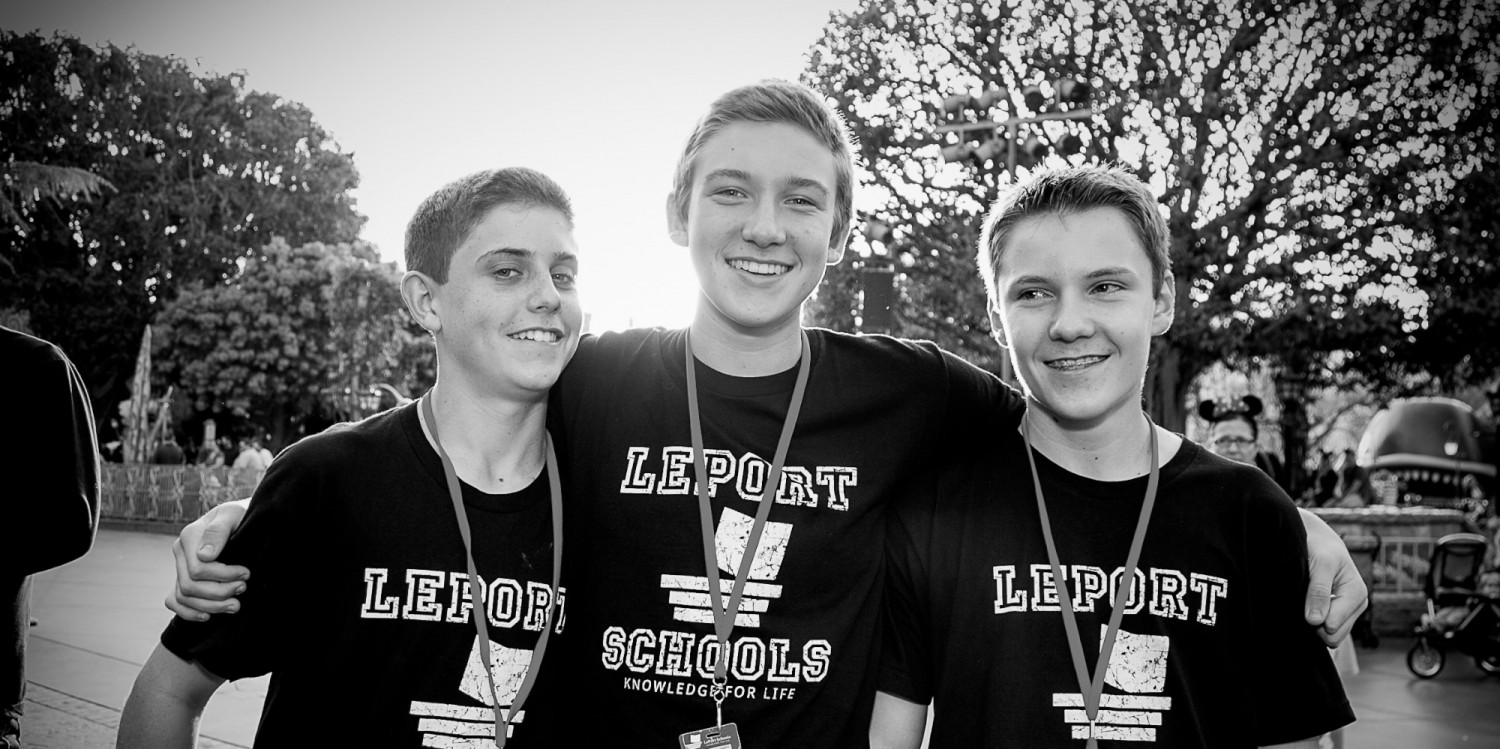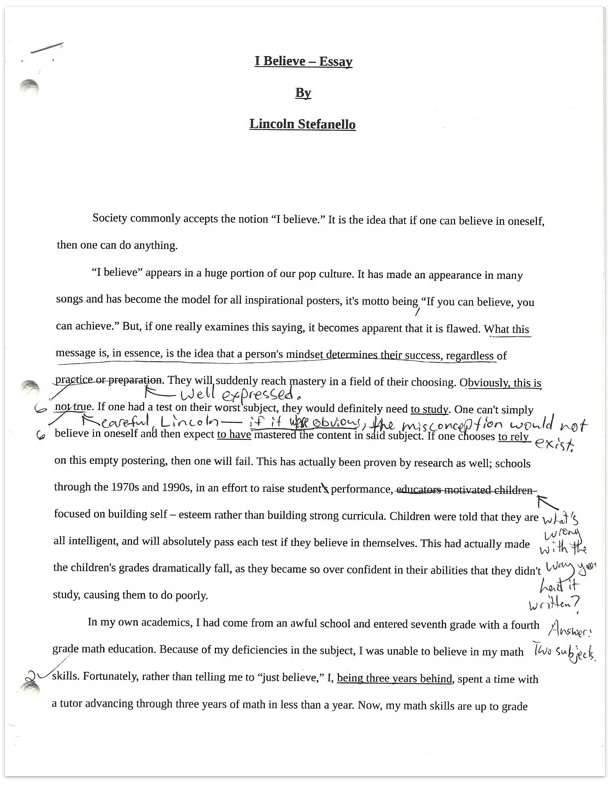The Knowledge for Life Journey
What are your goals for your child’s education? What types of knowledge and skill sets do you want her to acquire during her critical early years of education? What type of person do you want her to be when she is twenty-five?
As you choose a school for your child, your answers to these questions should guide your choice. How will the school you choose shape your child? Will the school’s educational philosophy result in the outcomes you value? Will it prepare her for a successful life?
Different schools place different emphasis on what matters in the classroom. At a fundamental level, some schools focus on the method of learning. Their main goal is teaching children how to learn—how to tackle any new problem, how to become self-motivated. This approach is associated with progressive education and such thinkers as Jean-Jacques Rousseau, John Dewey and John Holt. Other schools treasure the content of learning. They emphasize a clearly structured curriculum and focus on what children learn—from memorizing nursery rhymes and multiplication facts to learning history, from understanding the fundamental insights of modern science to reading great works of literature. This approach is associated with classical or traditional education, school groups such as Carden or Challenger and thinkers such as E.D. Hirsch, Susan Wise Bauer and Mortimer Adler.
At LePort, we believe that education should be an integration of both method and content. We teach what we call Knowledge for Life. By this we mean three things:
- Deeply understood content that stands as a unified, coherent whole in the child’s mind (=Knowledge)
- Applied thinking skills so that knowledge becomes a guide to action, and not just something to be shown off, or to be forgotten quickly (=for life)
- The strength of character to live life to its fullest, to be successful in their chosen purpose in life, to flourish as a complete human being (=for life)
This Knowledge for Life approach is evident when you consider what children learn, what they take away with them in their innermost being from each of the stages of their LePort experience. It is hard to condense each stage of childhood, each phase of education, to just a few achievements, as all learning, all knowledge, by necessity is interconnected: In a well-designed program, later skills and knowledge build upon earlier ones, and earlier ones become reinforced as they continue to be applied.
Scroll through this page to discover the Knowledge for Life journey. You’ll see what children gain at LePort, from infancy through junior high. We hope this virtual journey will inspire you to consider Knowledge for Life for your child.
